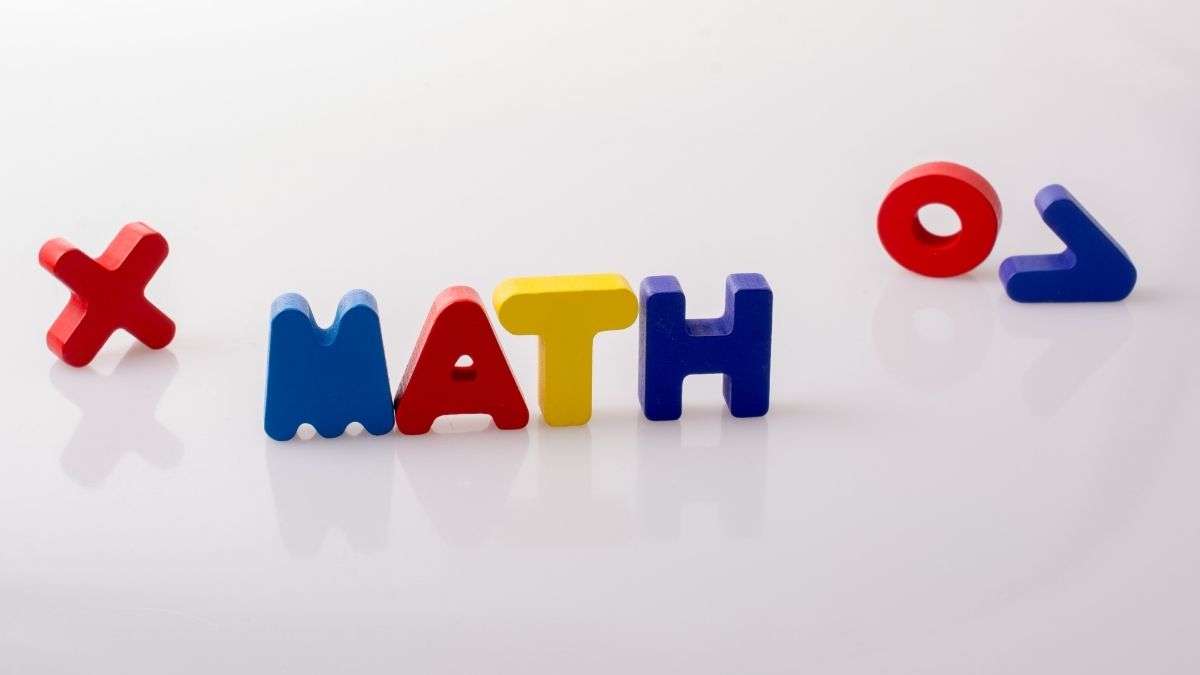
Strictly speaking, Key Stage 3 lasts for three years: spanning Years 7 to 9. But over the last decade, an increasing number of schools have switched to offering a two- or two and a half-year KS3 programme. This has allowed schools to redress the difficulty of covering the lengthy GCSE specification content in only Years […]
Read more









